Make the right move with your Retirement Savings
At 3 Rivers Financial Group, we help you avoid costly mistakes to make the best decision for your specific situation. Whether you’re changing jobs or transitioning into retirement, we’ll help guide you through the rollover process with confidence.
Leaving a job? Understand Your 401(k) options.
If you have a 401(k) or similar retirement plan with a former employer, you typically have four primary options. We’ll walk you through the advantages and drawbacks of each choice to ensure your retirement savings continue working for you.
-
Roll it into an IRA
This gives you greater control over your investments and typically more options than an employer-sponsored plan.
-
Leave it with your former employer
Some plans allow you to keep your funds where they are, but this can limit investment choices and access.
-
Move it to a new employer’s plan
If your new job offers a 401(k) with strong benefits, this could be a seamless way to consolidate accounts.
-
Cash it out (not recommended)
Withdrawing funds before retirement could result in significant taxes and penalties.

What's the benefit? IRA Rollovers
Rolling your 401(k) into an IRA can provide the following benefits:
-
More investment options
Choose from stocks, bonds, ETFs, and more.
-
Lower fees
Many IRAs have lower overall fees compared to employer-sponsored 401(k) plans.
-
Greater flexibility
Control when and how you withdraw funds in retirement.
-
Better estate planning options
IRAs may provide more favorable inheritance rules for your beneficiaries.

Questions about 401(k)and IRA rollovers? Read our FAQs
Should I roll over my 401(k) into an IRA?
It depends on your investment preferences, fees, and retirement strategy. We’ll help you evaluate the positives and negatives to determine the best path.
How long does a rollover take?
Most rollovers take 2-4 weeks, depending on the financial institutions involved.
What’s the difference between a Traditional IRA and a Roth IRA rollover?
Traditional IRAs carry no immediate tax cost. You’ll pay taxes when you withdraw in retirement. Roth IRAs require you to pay taxes upfront but allow tax-free withdrawals later.
Can I roll over an old 401(k) into my new employer’s plan?
Yes, if your new employer allows rollovers. We’ll help you compare your options to see if this is the best move.
Will I owe taxes on a rollover?
If you move funds directly between similar accounts (e.g., 401(k) to Traditional IRA), no taxes apply. However, rolling a Traditional 401(k) into a Roth IRA triggers taxes on the converted amount.
Retirement planning Resources


